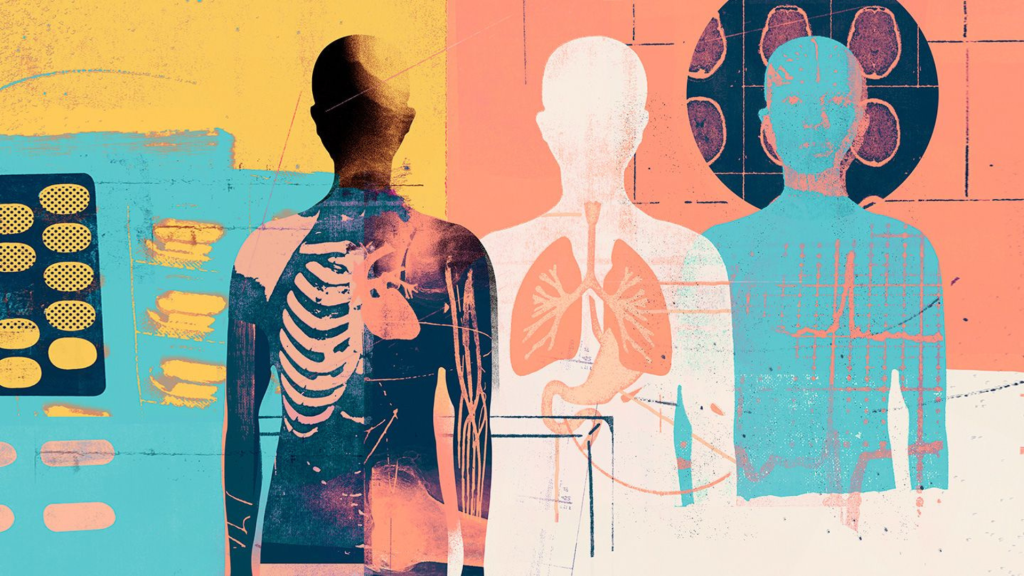
Multiple sclerosis (MS), a complex neurological condition, exhibits a higher prevalence in females compared to males. This gender difference is not only in frequency but also in the manifestation of symptoms, disease course, and progression. This article explores the unique aspects of MS in women, emphasizing symptoms, disease progression, and the influence of reproductive cycles on the condition.
1. Early Signs: Recognizing MS in Women
- MS often emerges in young adulthood, between 20 and 40.
- Females tend to experience an earlier onset of disease compared to males.
- Optic neuritis, inflammation of the optic nerve, is a common early manifestation in females.
- Symptoms of optic neuritis include eye pain, blurry vision, decreased color vividness, and, rarely, vision loss.
- Males are more likely to present with motor symptoms such as spasticity and ataxia.
2. Diverse Symptomatology: Beyond Vision and Motor Issues
- MS symptoms include sensory disturbances, diplopia (double vision), balance problems, fatigue, headache, dizziness, and bladder issues.
- Sensory disturbances may manifest as numbness, tingling, itching, or burning sensations.
- Symptom presentation can vary widely, making diagnosis challenging.
3. Disease Progression: From Relapsing to Progressive MS
- Most individuals, including females, are initially diagnosed with relapsing-remitting MS (RRMS).
- Around 65% of people with RRMS transition to secondary progressive MS (SPMS) over time.
- Females generally exhibit less progression of disability than males.
- Disease-modifying therapies (DMTs) have likely contributed to delaying the shift to progressive MS.
4. Effects on Reproductive Cycles: Menstruation, Pregnancy, and Menopause
- Menstruation: MS symptoms may temporarily worsen during the menstrual cycle, possibly due to estrogen and progesterone fluctuations.
- Fertility: Studies on MS’s impact on fertility yield mixed results; factors like disease aggressiveness may play a role.
- Pregnancy: Late pregnancy is associated with a reduction in MS relapses, while the postpartum period sees an increase.
- Menopause: The impact of menopause on MS symptoms is inconclusive, with reports of symptom worsening during this period.
5. Complications and Diagnostic Delays: The Importance of Early Detection
- MS diagnosis is challenging due to vague and fluctuating symptoms.
- Diagnostic delays can occur, leading to delayed initiation of disease-modifying therapies (DMTs).
- Early DMT initiation is crucial for reducing relapses and slowing disease progression.
6. Seeking Diagnosis: Neurologist Referral and Diagnostic Process
- A neurologist is crucial for diagnosing MS through a thorough medical history, neurological exam, and diagnostic tests like MRI and lumbar puncture.
- Blood tests may be ordered to rule out alternative diagnoses.
- Early diagnosis and DMT initiation significantly impact the long-term outlook of MS.
Understanding the intricacies of MS in women goes beyond the visible symptoms. From early signs to the influence of reproductive cycles, recognizing the unique aspects of MS in females is essential for timely diagnosis and effective management. As research advances, the complex interplay of genetics, hormones, and environmental factors in MS will continue to unravel, providing new insights into personalized treatment approaches. For now, awareness of gender-specific variations is a crucial step toward improved outcomes and a better quality of life for women navigating the challenges of multiple sclerosis.





